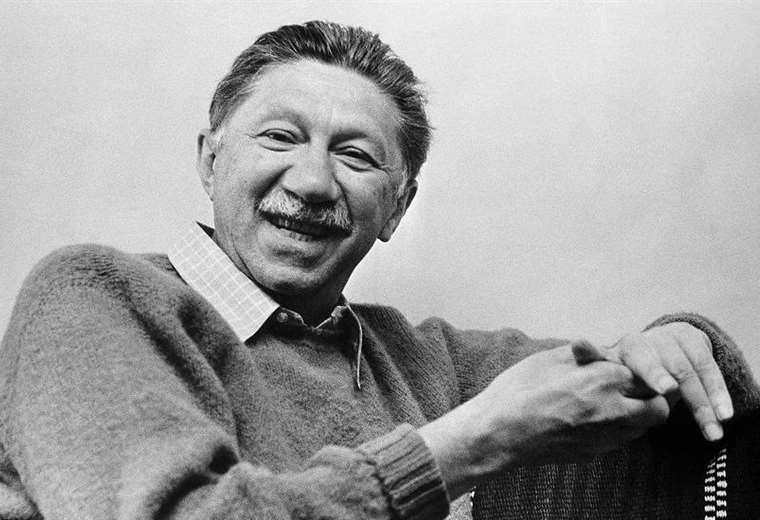December 6, 2024, 8:10 AM
December 6, 2024, 8:10 AM
Abraham Maslow had a vision while driving his car.
He saw some people, sitting around a table, talking about “human nature and hate, war and peace, and brotherhood.”
It happened after the attack on Pearl Harbor in 1941, when Japan bombed the US naval base in Hawaii.
“I was too old to join the army. It was at that moment that I realized that The rest of my life was to be dedicated to discovering a psychology for the peace table.. “That moment changed my entire life.”
Suddenly, the American psychologist felt that “he should try to save the world and avoid horrible wars.”
“I wanted to show that humans are capable of something greater than war, prejudice and hatred.”
He told this vision, in 1968, to Mary Harrington Hall of the magazine Psychology Today.
Two years later, at age 62, Maslow would die after suffering a heart attack.
His legacy, scholars of his work say, has not only endured, but In turbulent times it is a source of hope.
The innovator
Maslow was born in 1908 in New York. His parents, Jews, had to flee Russia and emigrated to the United States.
“With the childhood I had, it’s a miracle I’m not psychotic. “I was the little Jewish boy in a non-Jewish neighborhood,” he said in the interview with Psychology Today.
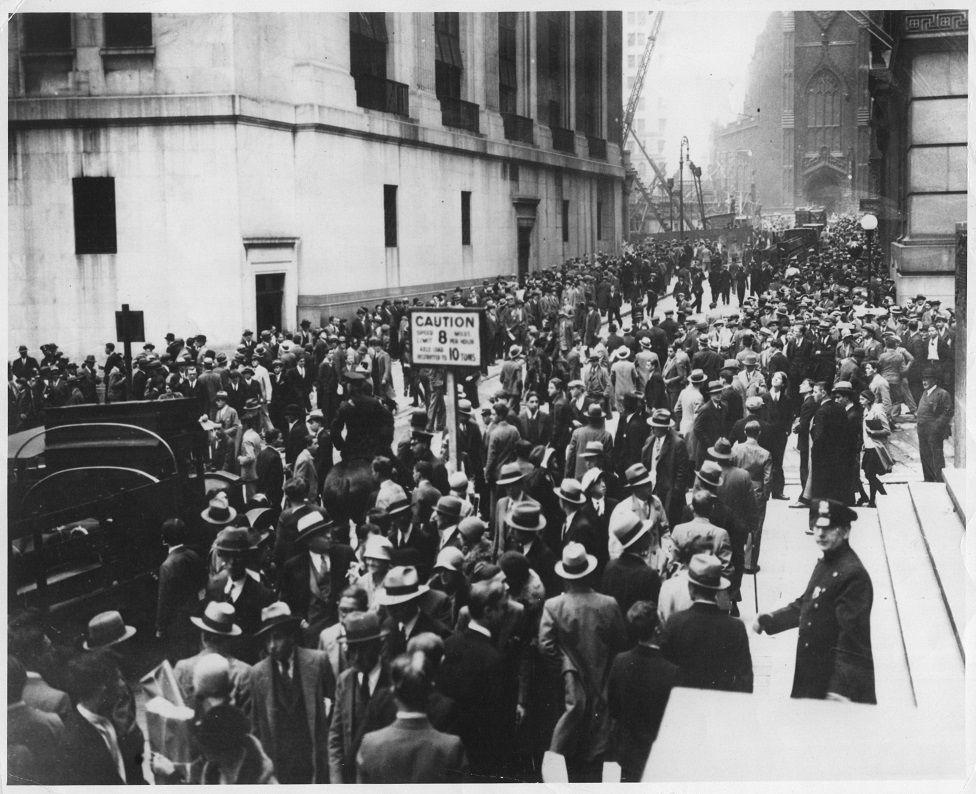
He said that he had grown up without friends, in libraries, among books, and found his passion in psychology.
He developed his career in that field, he was intrigued to understand how someone capable of being an angel could be a murderer.
For Edward Hoffman, author of “Abraham Maslow: Life and Teachings of the Creator of Humanistic Psychology,” Maslow was ahead of his time.
“In many ways, it is still ahead of our time,” the psychology professor at Yeshiva University tells BBC Mundo.
And his ideas were novel.
Although he is best known for his theory on the hierarchy of needsfrom which Maslow’s famous pyramid emerged, there are aspects of his work that “really were revolutionary,” Margie Lachman, a professor at Brandeis University in Massachusetts, tells BBC Mundo.
There, precisely, Maslow founded the Department of Psychology.
another path
Maslow followed a different direction from the currents that existed in psychology, mainly psychoanalytic (Sigmund Freud) and behavioral.
Freud had “a very pessimistic view of human nature”Hoffman says.
The Freudian approach tells us about the weight of unconscious, uncontrollable impulses in our lives, while the behavioral tradition reinforces the idea that we respond to external factors.
Let us remember that many of the behaviorists’ studies were done with animals in laboratories.
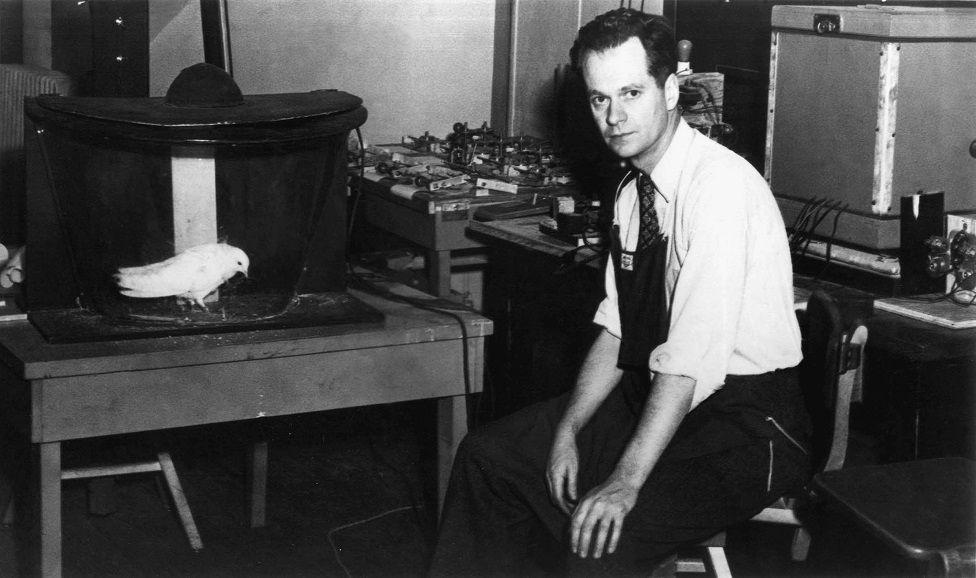
“Psychology in Maslow’s time was very deterministic,” David Baker, emeritus director of the Cummings Center for the History of Psychology and emeritus professor of psychology at the University of Akron, in the United States, tells BBC Mundo.
“You behave as a result of all the forces that affect you and There’s not much you can do about it.”.
But Maslow’s “originality” was seeing “things that were not there.”
“And that was a pretty incredible thing in 20th-century American psychology.”
“Maslow lived through two world wars, times of mass migration, terrible oppression, crushing poverty, but he managed to transcend that and see something more.”
And what he saw was human potential.
“In the face of conflict, hatred, violence, he made a realistic assessment and said: ‘There is something more. There are things that everyone is overlooking, both psychology and society, and that is that we can be better people.’”
“It was an optimistic point of view, a new direction.”
Maslow opted for a humanistic approach, which, Lachman points out, emphasized the ability of people to “do good things in the world.”
“He believed that human beings are, by nature, good and well-intentioned”.
Lifetime
Unlike the other currents, Maslow stated that people acted based on their needs and motivations and that they had the potential to grow and develop throughout life.
“And earlier theorists, especially Freud and some of his contemporaries, They thought that (personality) development basically ended when you reached adolescence”says Lachman.
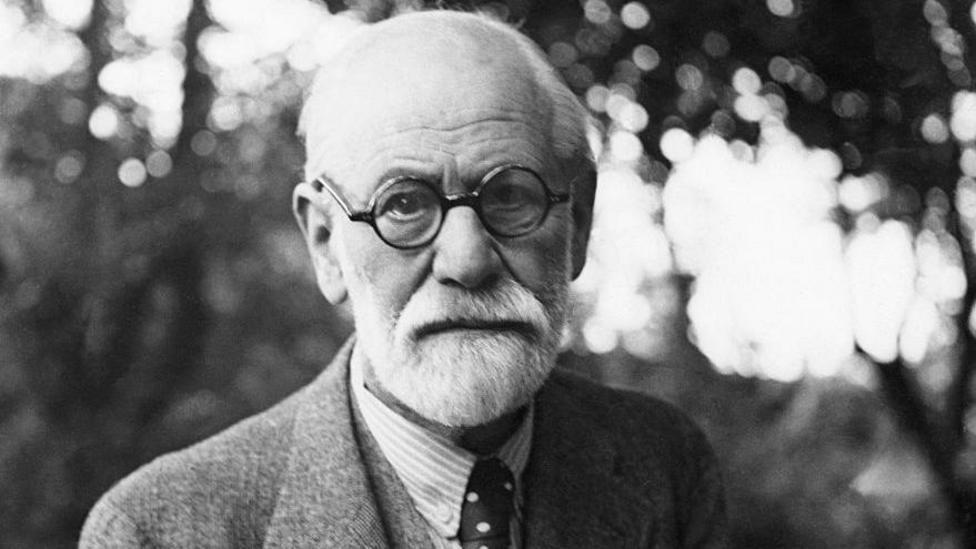
The academic clarifies that, although some psychoanalysts such as Carl Jung or Erik Erikson also believed in development over the course of life, Maslow really emphasized “the importance of thinking about the potential to grow throughout life”.
Furthermore, the expert points out, while some of the first theorists focused more on individuals with, for example, neuroses or psychological problems, which was very important, Maslow was interested in “people who were doing well.”
And that as they do better, as they realize their creativity, their potential, They promoted not only their own growth, but also allowed them to “do good in the world.”
Focusing on healthy people as a way to understand behavior and optimize well-being was a very significant change in the discipline.
“Maslow defended the value of focus on what is good about the person instead of focusing on what is wrong,” the professor wrote in a Brandeis University article.
The motivation
In 1954, Maslow published the book “Motivation and Personality,” in which he proposed his theory of the hierarchy of needswhich he had already explored, in 1943, in the essay “A theory for human motivation.”
The psychologist explained that when our most basic needs – physiological and security – are satisfied, we develop other needs and desires that, when motivated, we seek to cover, such as appreciation and recognition.
In his original work on the hierarchy of needs, Maslow did not include pyramids or triangles. However, other researchers led to his theory being illustrated in the form of a pyramid.
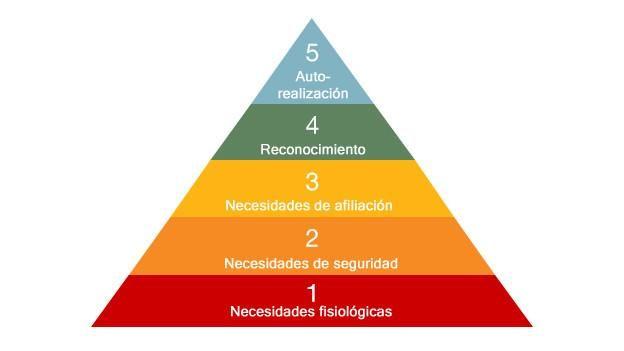
At the top is self-realization, something he knew was very difficult to achieve.
“We all have the ability to achieve it, but we have to be able to transcend our situation and strive to reach our potential,” says Baker.
For Maslow it was a continuous process, lasting a lifetimein which it was important to generate situations that were meaningfulsignificant for us.
“In his optimistic view, if we achieve self-actualization, we will be happier and therefore do more good things in the world.”
But Maslow was not really concerned with the topic of happiness, his interest was focused on personal growth and its connection with our ability to do good things.
Hoffman tells us about eupsychia, a term that Maslow coined to describe “the best possible society”, one oriented towards enhancing the growth of its members.
“Maslow was a realist, he knew that no human being can be perfect, that we all have defects,” however he saw the possibility of that ideal society, eupsychia.
“It is a very important concept because I think that young people, partly due to the obsession with social networks, with the Internet, are trapped in the moment. But Maslow was the long-term thinker, of what human beings are capable of achieving in the long term.”
The legacy
Maslow was always open to scientific research, however There are those who question that he did not offer empirical evidence to support his theory.
In fact, there were scientists who criticized that in his later years he became more of a philosopher.

But the truth is that he left an important legacy in his discipline.
“Many of the most recent efforts in psychology have been based on Maslow’s work: He laid the foundations of what we call positive psychology” notes Lachman.
That movement focuses on how people can live positive lives and find purpose.
“And by using their own creativity and wisdom, they can help other people and make a difference in the world.”
The message
In this continuous process of growth that Maslow proposed there is a starting point:
“Look inside ourselves and discover what gives us a sense of joy, even in small moments. What foods do we like? What topics do we like to talk about? What music makes us feel more energetic or happy? The starting point must come from understanding and knowing ourselves” indicates Hoffman.
For Baker, a big part of Maslow’s legacy is “seeing what is there and also what is not there.”
“There is still kindness, decency, people who strive to do the right thing and that is easy to forget, just as it is easy to feel overwhelmed by negative news, hate, violence.”
“But it was the same in Maslow’s time, people felt the same level of fear, hopelessness, anxiety, depression, but there is his legacy: to see beyond that and say there is something better.”
“I have always felt that it is a message of hope”.

Subscribe here to our new newsletter to receive a selection of our best content of the week every Friday.
And remember that you can receive notifications in our app. Download the latest version and activate them.
